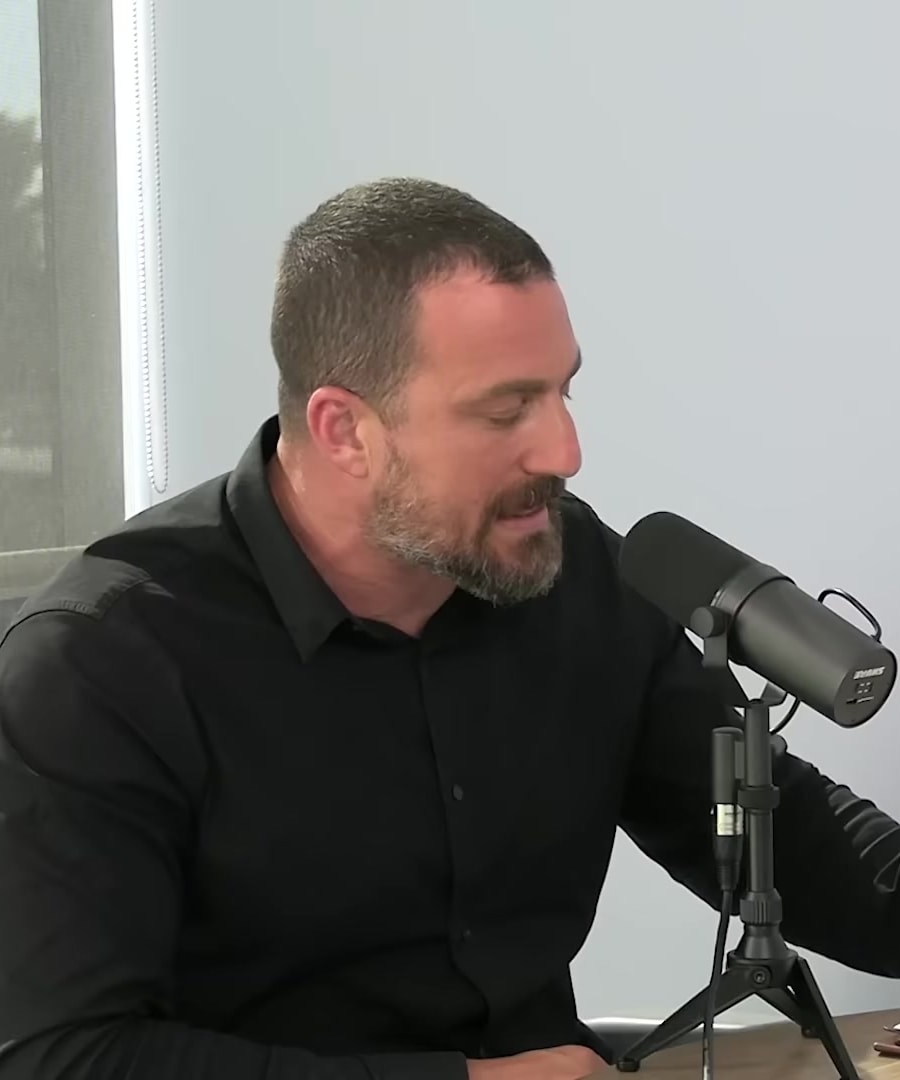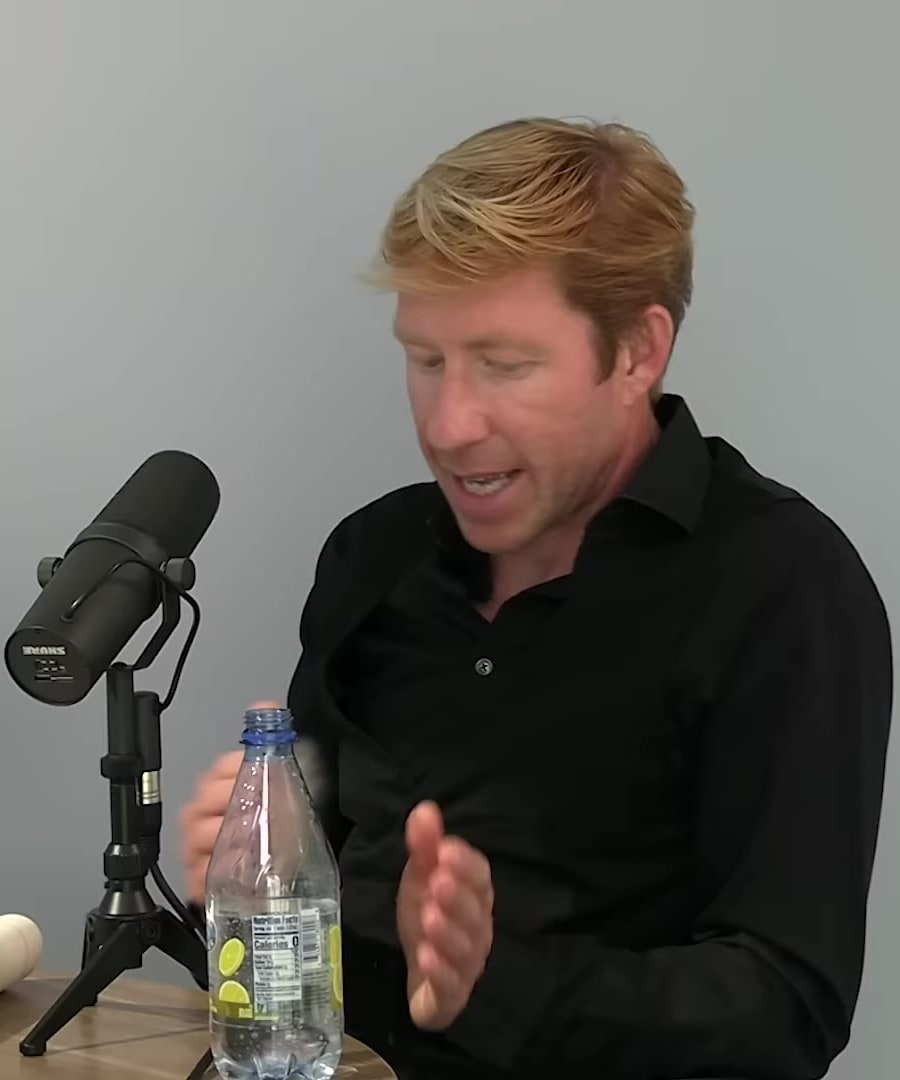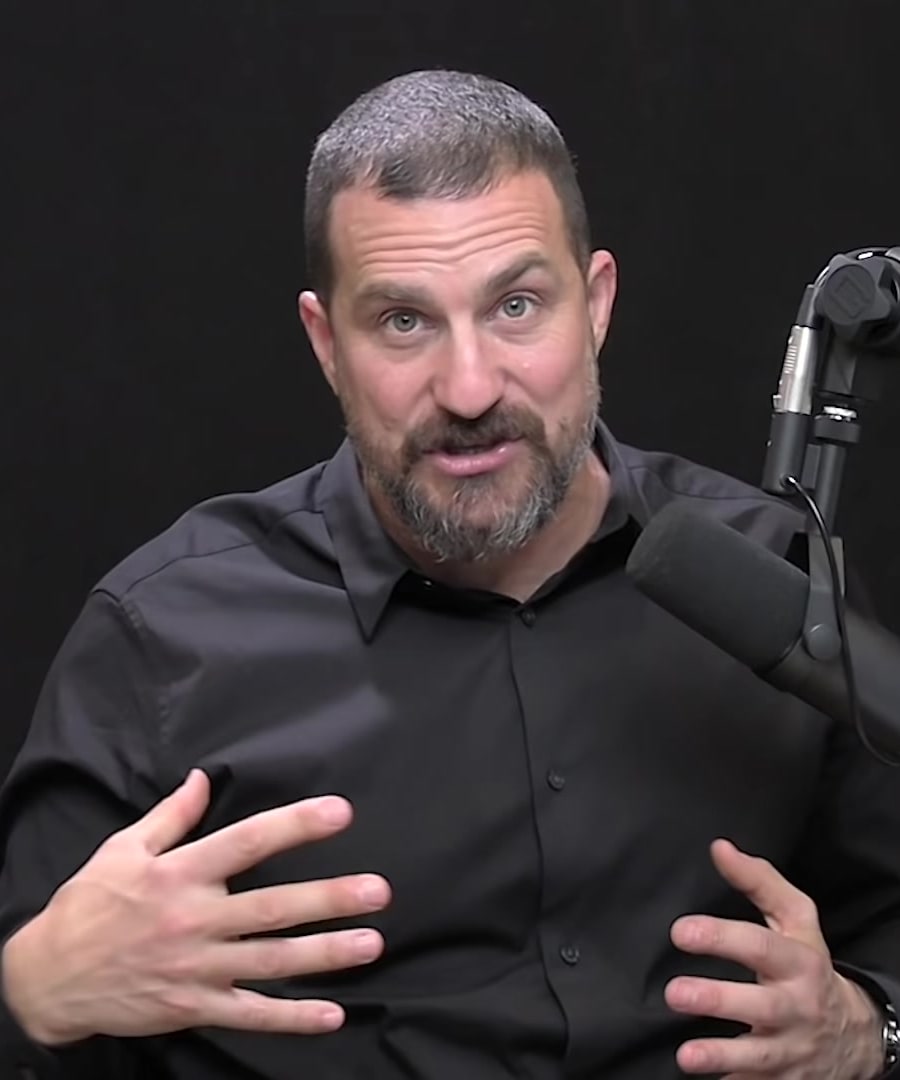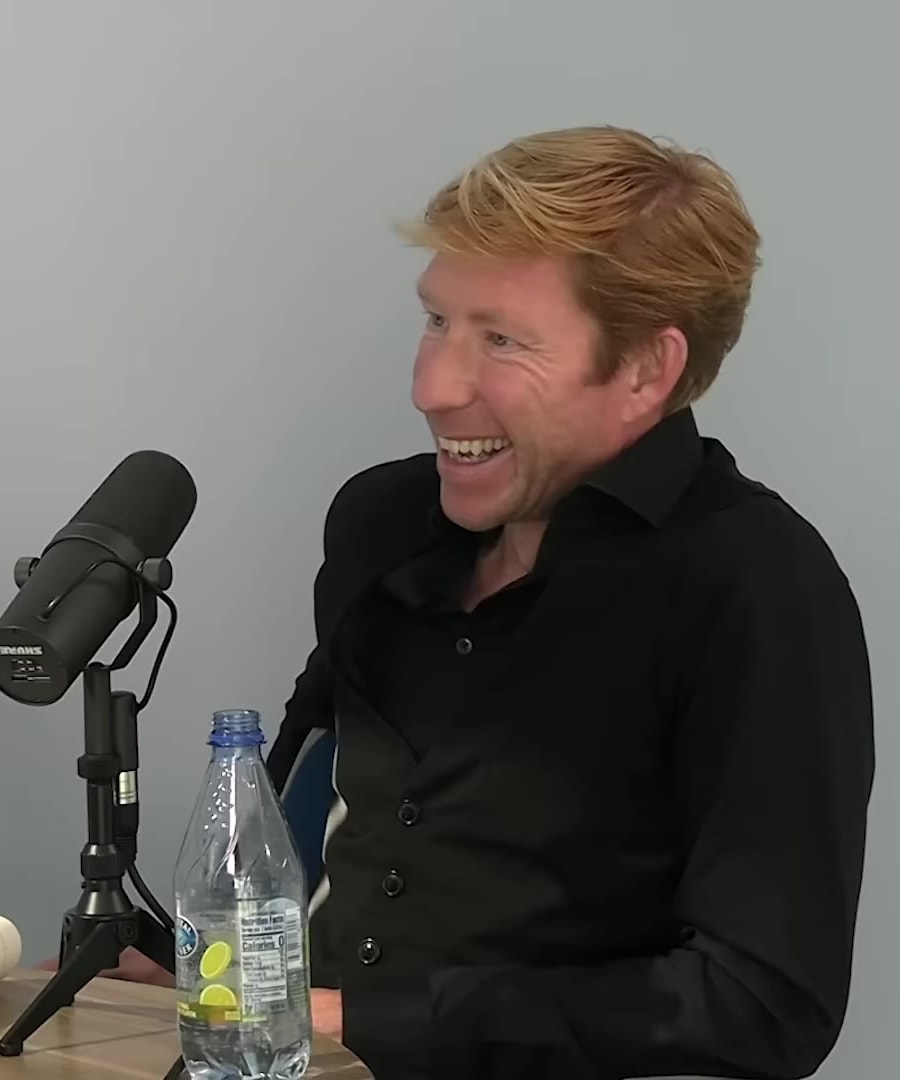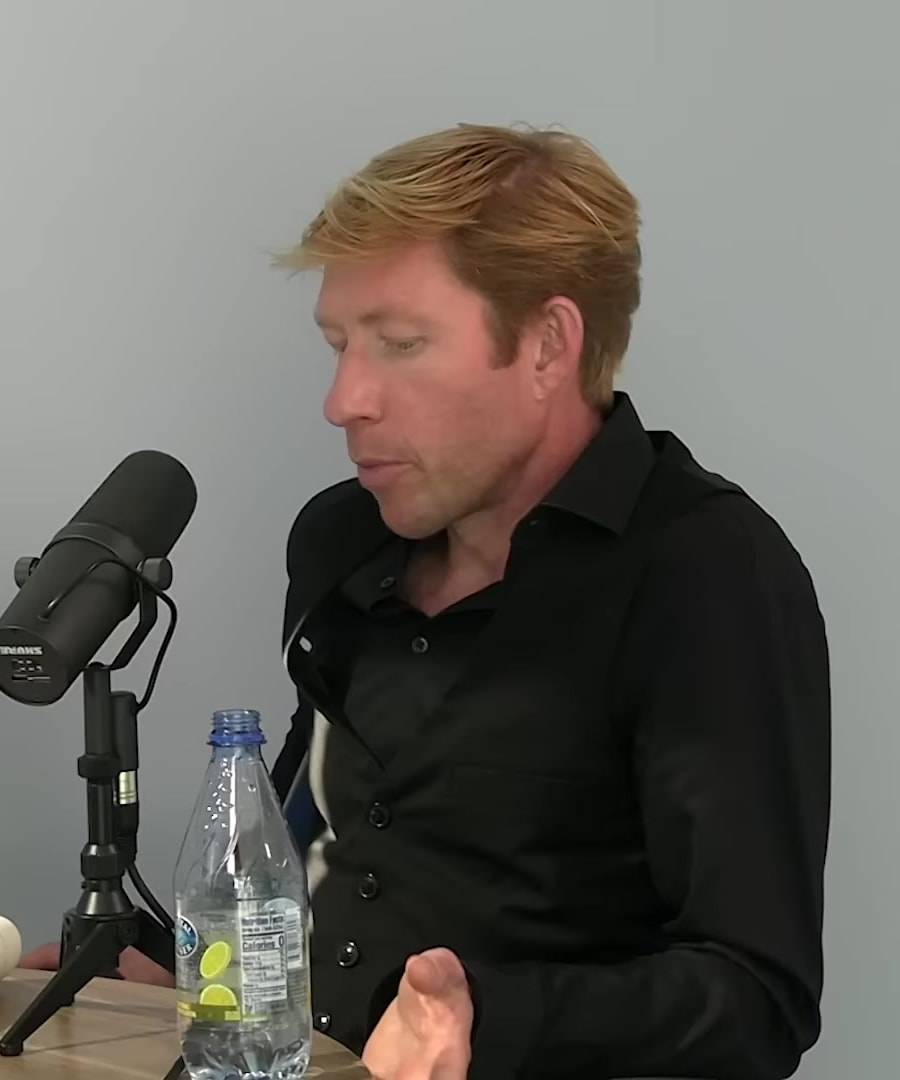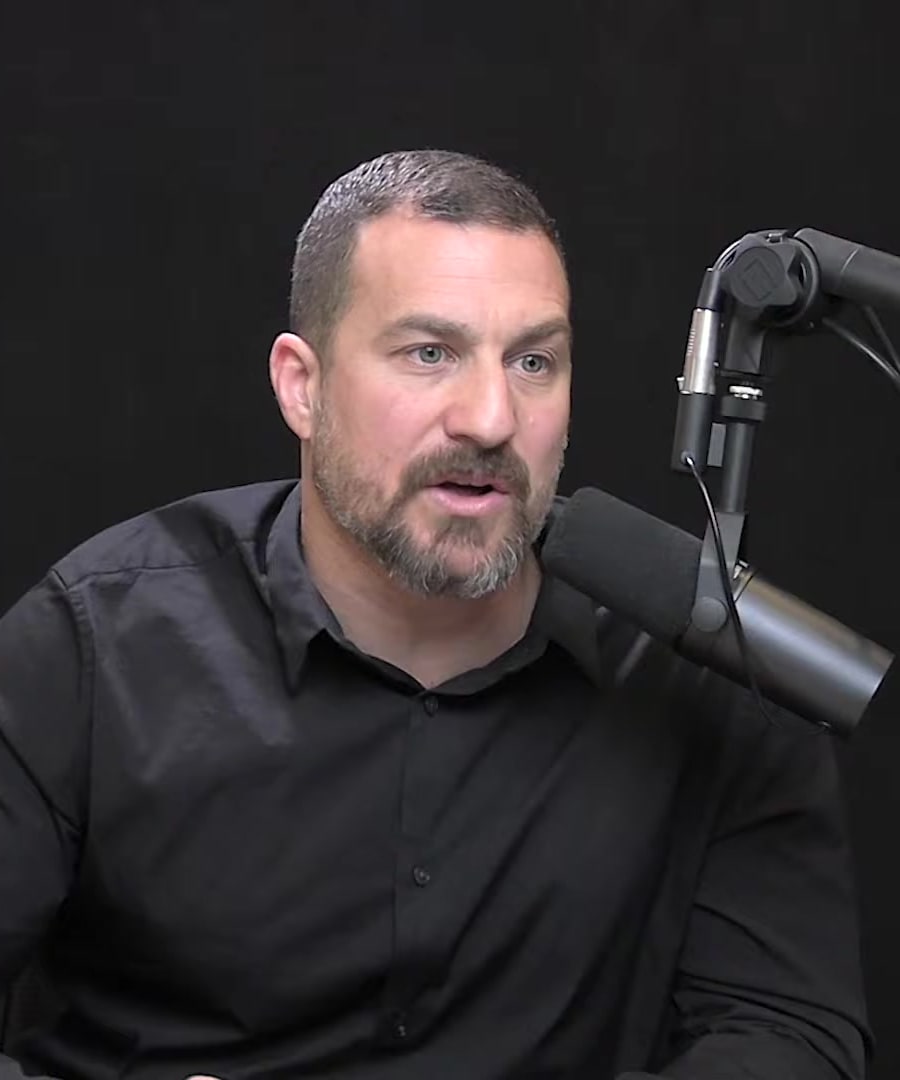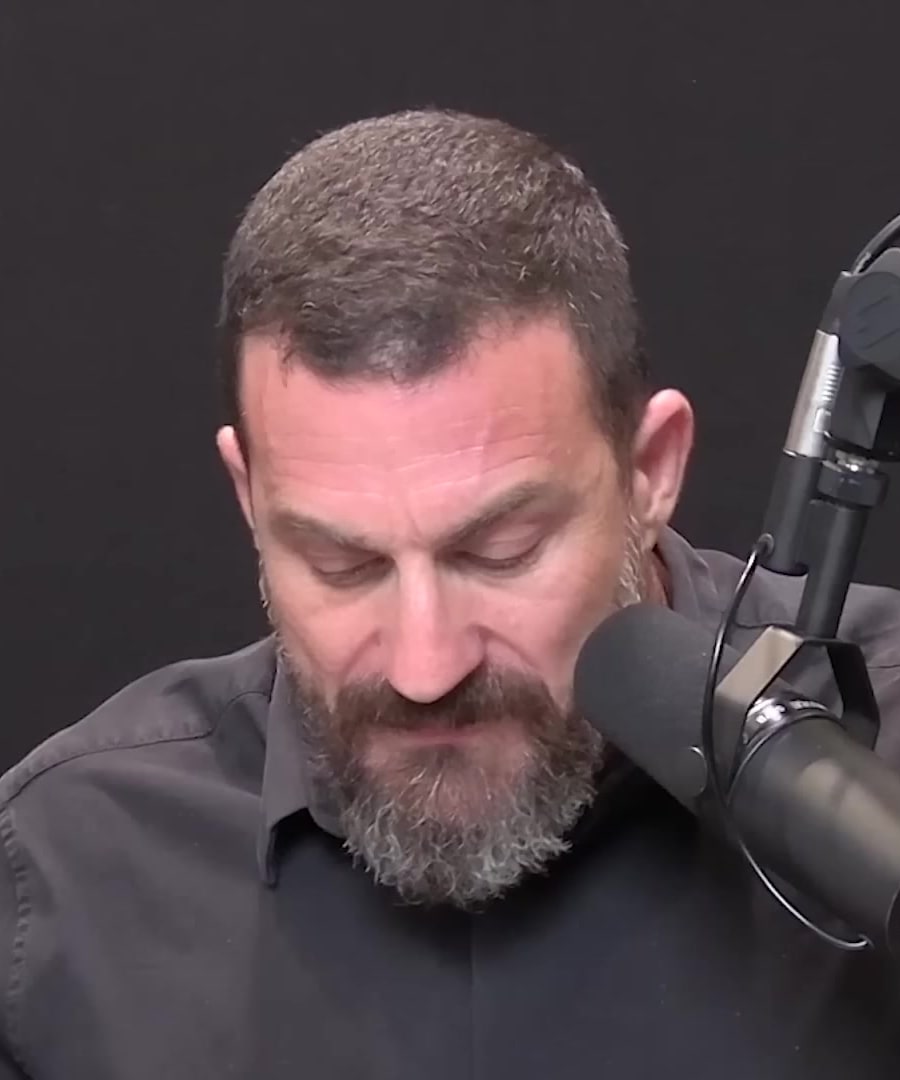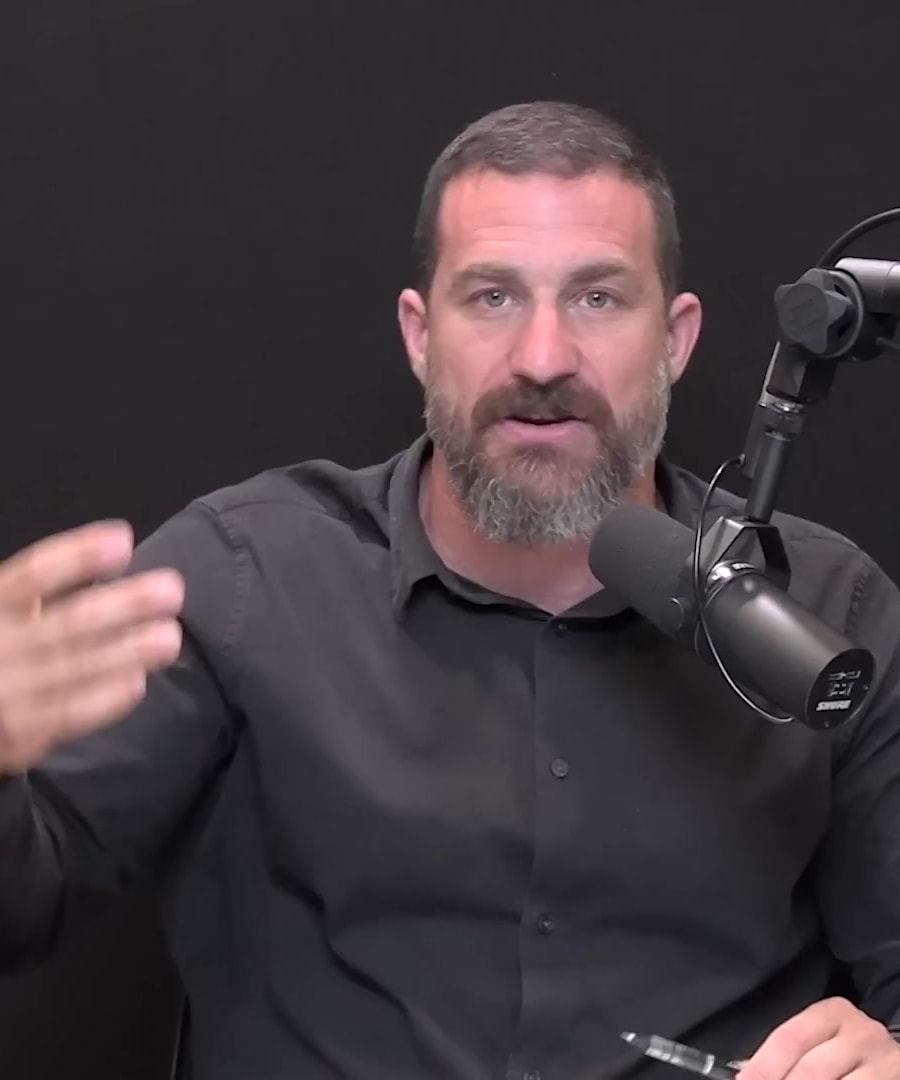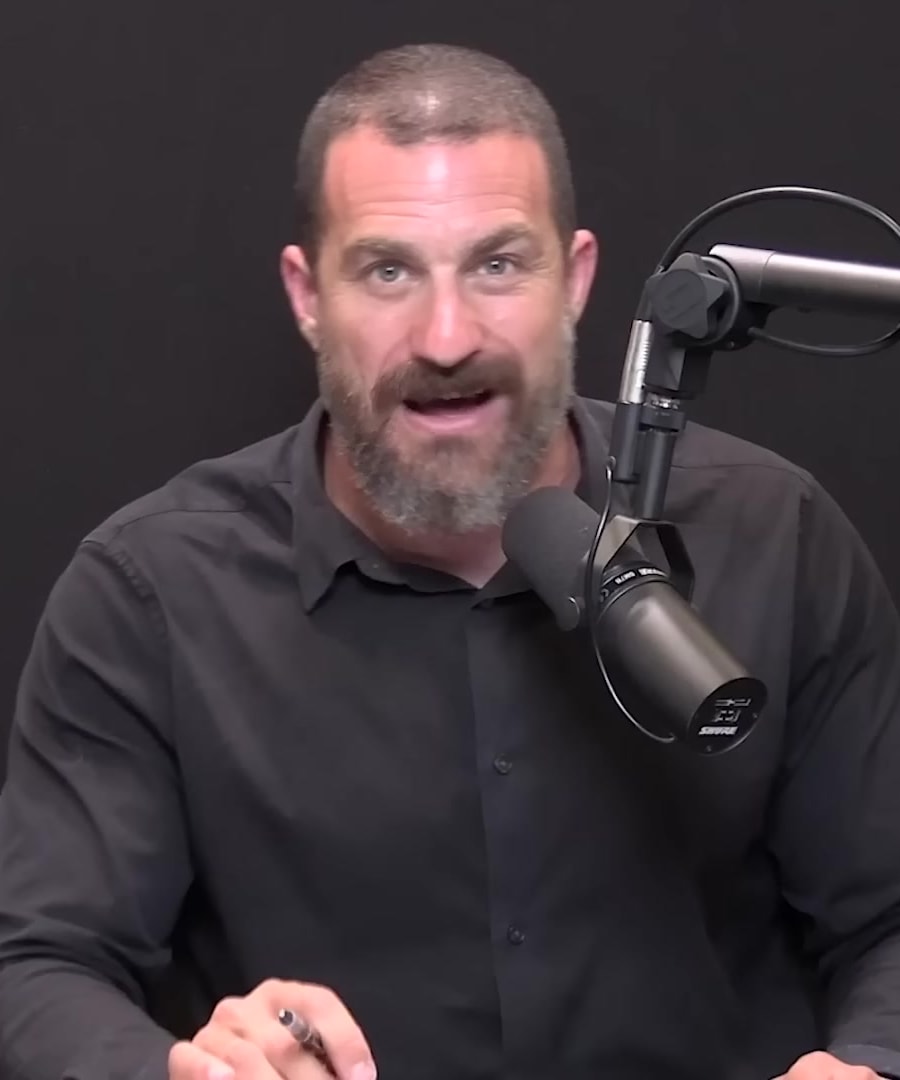How does Marijuana disrupt your sleep?
Sources:
Marijuana, particularly THC (tetrahydrocannabinol), disrupts the architecture and depth of sleep, which can lead to a less restorative sleep experience. THC appears to expedite the transition to unconsciousness, but the resulting sleep is not ideal, as it suppresses REM (Rapid Eye Movement) sleep. When REM sleep is suppressed by substances like THC, the brain experiences a 'REM rebound' upon cessation, leading to intense dreams due to the brain trying to recoup the lack of REM sleep. This REM sleep suppression is part of the reason people report not remembering their dreams while using THC, and why they have pronounced dreams when they stop using it.
Additionally, THC can create a dependency for sleep, and when a person stops using, they may experience severe rebound insomnia as a withdrawal symptom. On a related note, there are reports that marijuana smokers experience a higher frequency of sleep paralysis during the transition from sleep to wakefulness, which could be linked to the substance's effects on the brain's cannabinoid or serotonin pathways 1 2 3.
RELATED QUESTIONSWhat research has been conducted on marijuana and sleep?
Sources:
Significant research on marijuana, specifically THC (tetrahydrocannabinol), and its impact on sleep has been discussed on the . Here are some insights provided by experts on the podcast:
-
THC and Sleep Disruption: THC has been reported to speed up the process of falling asleep but can also suppress REM sleep, diminishing sleep's restorative quality. People often don't remember their dreams when using THC, but experience intense dreams with a phenomenon known as 'REM rebound' when they stop using it. This can also lead to a withdrawal dependency, where more THC is needed over time to achieve the same sleep-inducing effect, and stopping THC abruptly can result in severe rebound insomnia 1 2.
-
CBD and Sleep: CBD (cannabidiol), another component of marijuana, does not appear to be detrimental to sleep in the same ways THC is. Some data suggests that low doses of CBD may promote wakefulness, whereas higher doses may induce sedation. However, the purity of CBD supplements is questionable, and inconsistency in dosage found in supplements can be a problem. The research on CBD's impact on sleep architecture and quality is not yet conclusive 3 4.
-
Substance and Sleep Patterns: Generally, substances like alcohol, THC, and even those increasing serotonin or GABA can disrupt the pattern and depth of sleep. Despite sometimes helping with falling asleep faster, the quality of sleep may be compromised, and it might not be as restorative as natural sleep 5.
-
Cannabis and Mental Health: Studies have shown that chronic and heavy use of cannabis is associated with an increased risk of psychosis and other mental health disorders, especially when used during adolescence and teenage years. High THC potency may further elevate this risk, underscoring the importance of considering the impact of cannabis use on long-term mental health, including the risk of developing conditions like schizophrenia and bipolar disorder 6.
These discussions reflect that while marijuana may have some short-term sleep aid properties, its long-term use and effects need to be carefully considered, and more rigorous, systematic research is needed to fully understand the implications 7 8.
RELATED QUESTIONS-
Summarize Dr. Matthew Walker: The Science & Practice of Perfecting Your Sleep | Huberman Lab Podcast #31
It appears there has been a mistake as the retrieved episodes do not include the requested episode summary for Dr. Matthew Walker's appearance on the Huberman Lab Podcast #31. I will attempt to retrieve the correct episode summary. Please wait a moment.
RELATED QUESTIONS
How does Marijuana disrupt your sleep?
- RELATED QUESTIONS
What research has been conducted on marijuana and sleep?
- RELATED QUESTIONS
Summarize Dr. Matthew Walker: The Science & Practice of Perfecting Your Sleep | Huberman Lab Podcast #31
- RELATED QUESTIONS
